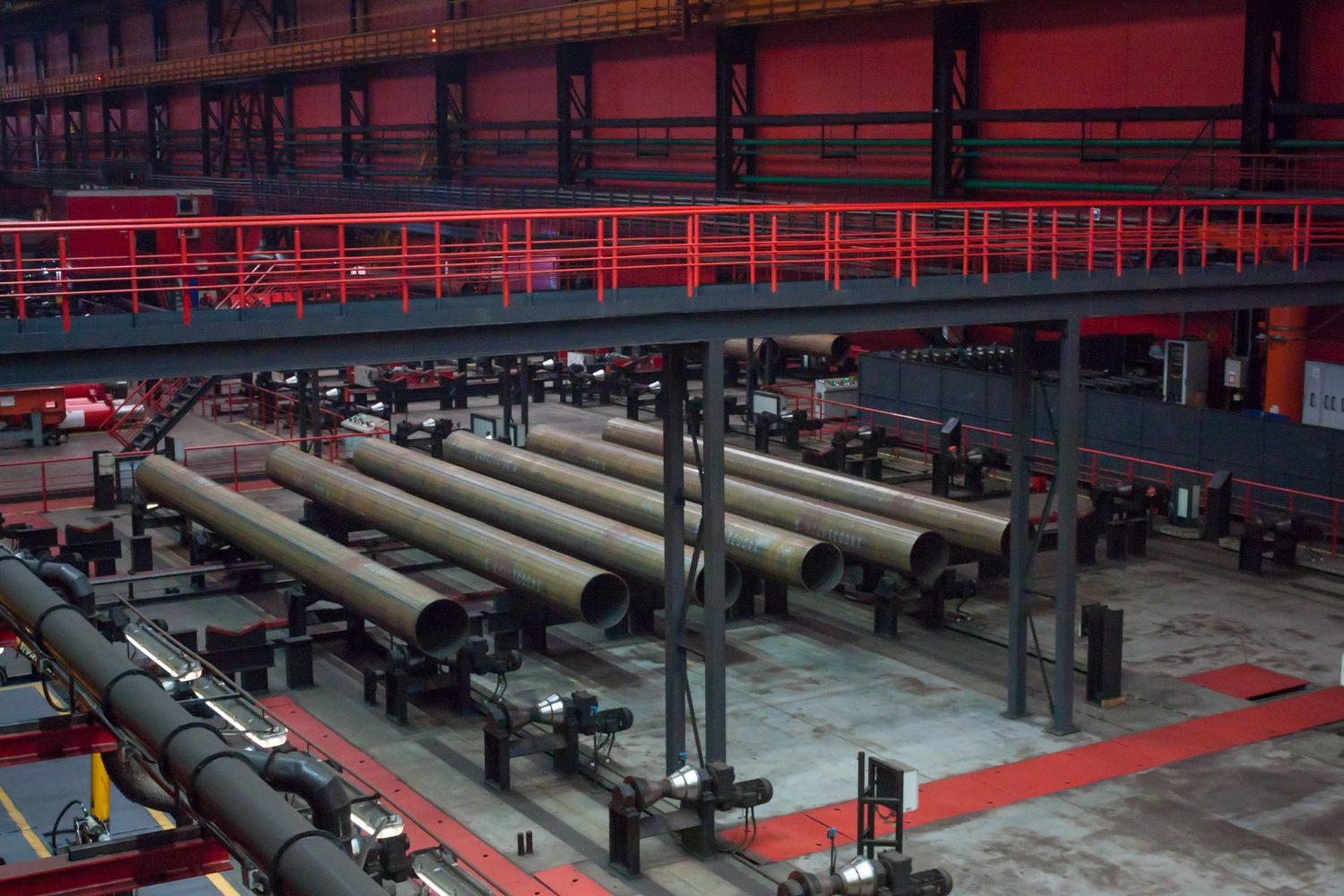800-764-7473
Local 208-324-2142

Steel pipes and steel tubes play a critical role in the construction of industrial and commercial infrastructure. Both are essential components in various industries, including oil and gas, construction, and manufacturing.
Used oilfield pipes are a common material for constructing wells and pipelines in the oil and gas industry. However, many people need clarification about the differences between steel pipes and steel tubes. This article will explore the differences and explain how they’re used in the oil and gas industry.
Steel pipes are hollow, cylindrical tubes made from steel. They transport fluids and gases, including oil and gas, water, and steam. Steel pipes are also used in construction and infrastructure projects, such as buildings, bridges, and roads.
When ordering steel pipe, there are several factors to consider, including the diameter, wall thickness, length, and grade. The pipe diameter is measured in inches, while the wall thickness is measured in fractions of an inch. You can measure the length of the pipe in feet or meters.
The grade of the pipe refers to the type of steel used to make it. Several steel pipe grades, including A53, A106, and API 5L. Each grade has its unique properties and is used for specific applications. You can go for used oilfield pipes with same specifications.
Another critical factor to consider when ordering steel pipe is the schedule. The schedule refers to the thickness of the pipe’s wall, and a schedule number is the identification way. The most common schedules for steel pipe are Schedule 40 and Schedule 80.
Schedule 40 steel pipe has a thinner wall and is used for applications that don’t require as much strength or durability. Schedule 80 steel pipe has a thicker wall and is used for applications that require more strength and durability, such as in the oil and gas industry.
Several common specifications for steel pipes are used in the oil and gas industry. Some of the most common specifications include the following:
In addition to these specifications, specific steel pipe grades are also used in the oil and gas industry. For example, used oilfield pipes are often made from high-strength, corrosion-resistant steel that can withstand the harsh conditions of drilling and extraction.
While steel pipes and steel tubes may seem similar, the two have significant differences. Steel pipes are typically used for transporting fluids and gases, while steel tubes are used for structural and mechanical applications.
When ordering steel pipe, it’s important to consider factors like the diameter, wall thickness, length, and grade, as well as the schedule and specific specifications for the application.
Need quality used oilfield pipes? Contact Bison Pipe and place your requirement!